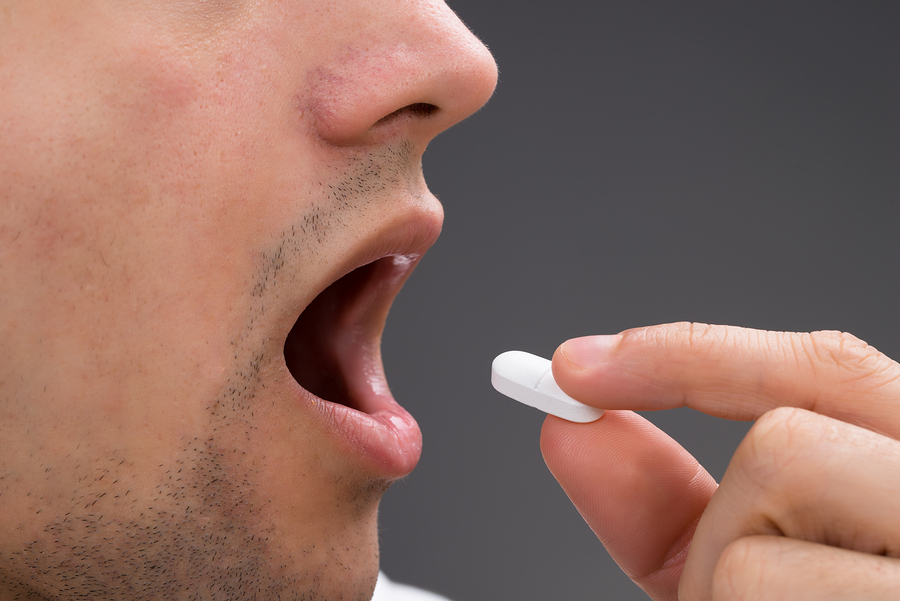Recently the British Medical Journal published an article in which the authors challenged the long-held belief that you should take the ENTIRE course of doctor prescribed antibiotics, even after you are feeling better.
However, that claim has physicians and public health officials expressing serious concern about “an overly complex message that could result in encouraging patients to go rogue and ignore their doctors’ prescriptions.” 1 (Heaven forbid we listen to our bodies or stop taking something if we don’t need it. We are LOOOOOONNNNNGGG past protecting against antibiotic resistance!)
RELATED ARTICLE:
Enter Brad Spellberg, the chief medical officer for the Los Angeles County and University of Southern California Medical Center at the University of Southern California. He’s pretty sure we ARE smart enough to figure these things out with a little bit of clarity and instruction.
He says:
- First things first: “It is absolutely false that continuing to take antibiotics after you feel completely better will reduce the emergence of antibiotic resistance. Quite to the contrary, it will very likely promote the emergence of antibiotic resistance!”2 (We all knew that one!)
- Truthfully, doctors don’t actually know how long we should run a course of antibiotics to treat most types of infections. Get this, the reason we do it the way we do now is that “Constantine the Great issued in A.D. 321 that the week would consist of seven days.” That’s literally the only reason.
- In the last two decades, there have been dozens of clinical trials published which demonstrated that a shorter course of antibiotics was just as effective as a longer course. In fact, shorter-courses lead to lower rates of antibiotic resistance.
RELATED ARTICLE:
Ten years ago Dr. Louis Rice, the chairman of medicine at Brown University, gave a lecture at a national infection meeting and challenged his fellow physicians about the assumptions they’d been making about long course antibiotics.
“He traced the origin of this incorrect myth back through time. He discovered that the myth appears to originate due to a general misunderstanding of the findings in an article published in 1945, one of the first descriptions of penicillin therapy for pneumonia (lung infection).
This misunderstanding blossomed into the extremely pervasive, indeed erroneous, silly urban legend that continuing antibiotics beyond resolution of symptoms somehow helps reduce antibiotic resistance.”3
So, not only has there been no evidence at all to support the idea that taking antibiotics past the time you feel better will reduce antibiotic resistance, but we know it’s done the complete opposite. For far too long we’ve been asking for medications we don’t need and doctors have been prescribing them. And sadly, we are now paying the price with the emergence of superbugs. In fact, it’s estimated that 30 to 50 percent of our antibiotic use is totally unnecessary.
“Indeed, as far back as 1945, Alexander Fleming, the man who discovered penicillin in 1928, warned the public that people were taking penicillin to treat diseases not caused by bacteria and that this unnecessary use of penicillin was going to breed out antibiotic resistance. He warned that those who so abused penicillin would be ‘morally responsible’ for the deaths that ensued from penicillin-resistant infections.”
RELATED ARTICLE:
Hmmm. He was right. It’s actually not that difficult!












